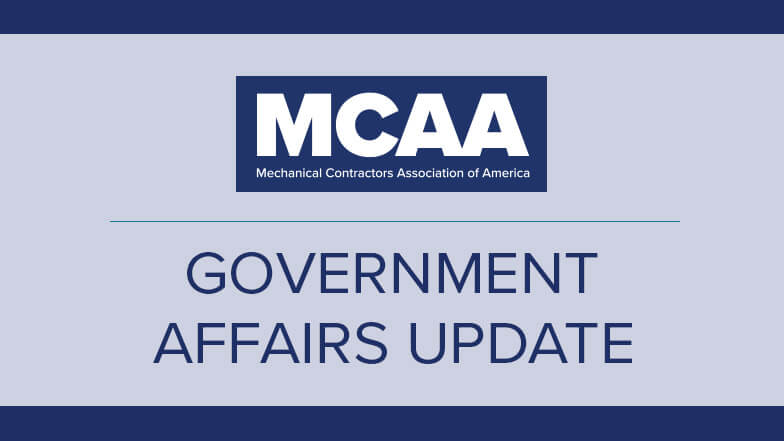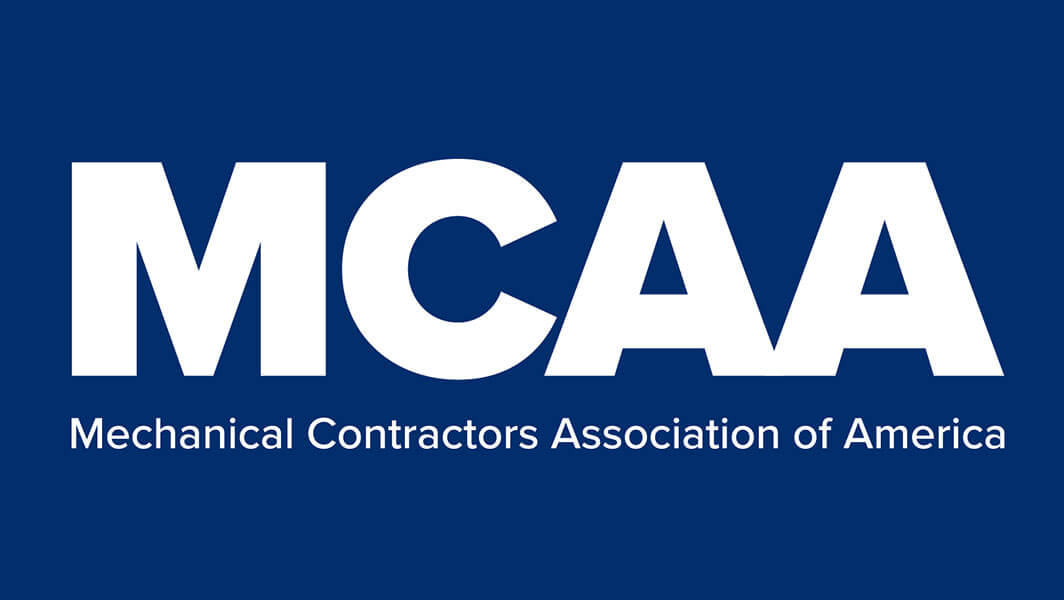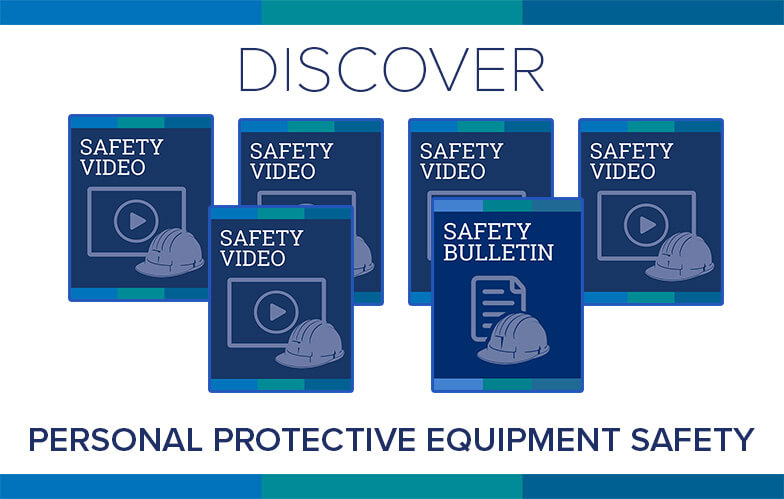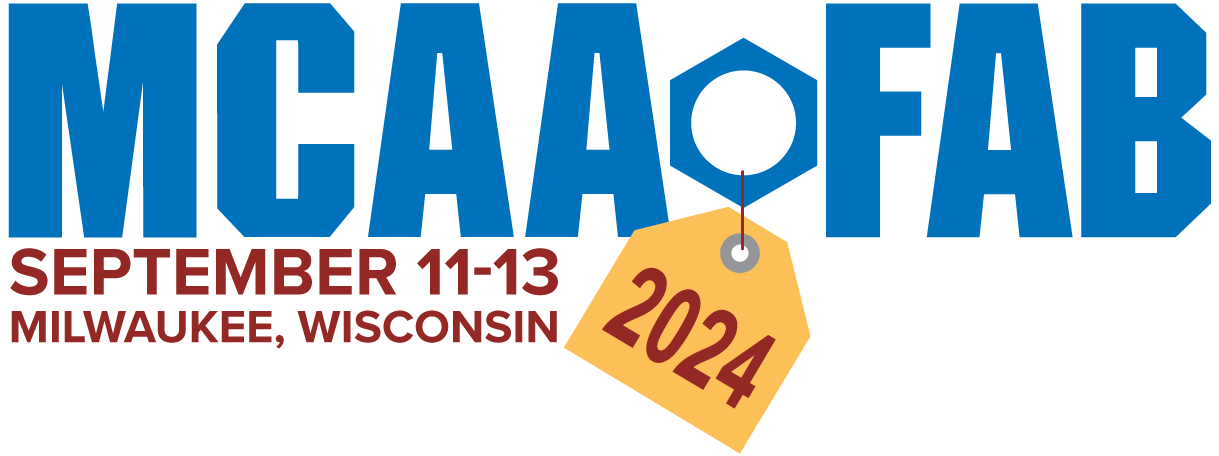
On September 9, 2021, President Biden issued an Executive Order on ensuring adequate COVID safety protocols for federal contractors. In short, the order is extensive and requires all contractors working on federally funded projects over $250,000 to comply with all guidelines provided by the Safer Federal Workforce Task Force (SFWTF). The order has far-reaching implications for both new and existing federally funded projects. The order is being interpreted to extend to the national electrical grid, steam lines supplying heating to buildings, and offsite mechanical equipment, not contractors simply physically on site. To date, there are over 50 federal agencies offering guidance and interpretations of the order. This advisory article intends to summarize the potential cost implications to comply with the executive order. Despite widespread legal challenges, the Biden Administration is urging businesses to align their business operations with the mandate. It is unlikely the legal challenges will eliminate all of the executive order requirements. Additionally, it most certainly will take months to settle the legal challenges and arrive at a decisive conclusion.
It is essential to understand that the Executive Order applies to businesses of all sizes servicing federal contracts (or contract-like instruments) over the $250,000. The requirement to comply is based on the flow-down provisions of a company’s contracts. The executive order likely applies if you are a prime contractor or a subcontractor working for a prime contractor on any federally funded project over the SAT (Simplified Acquisition Threshold). The list of potential additional costs to comply with the Executive Order is not necessarily exhaustive. Still, it is intended to provide the basis for equitable adjustments which are allowable under Federal Acquisition Regulations (FAR) as a bi-lateral change order. A sample of typical contract change order language is included in Appendix A in the full PDF version linked below.




